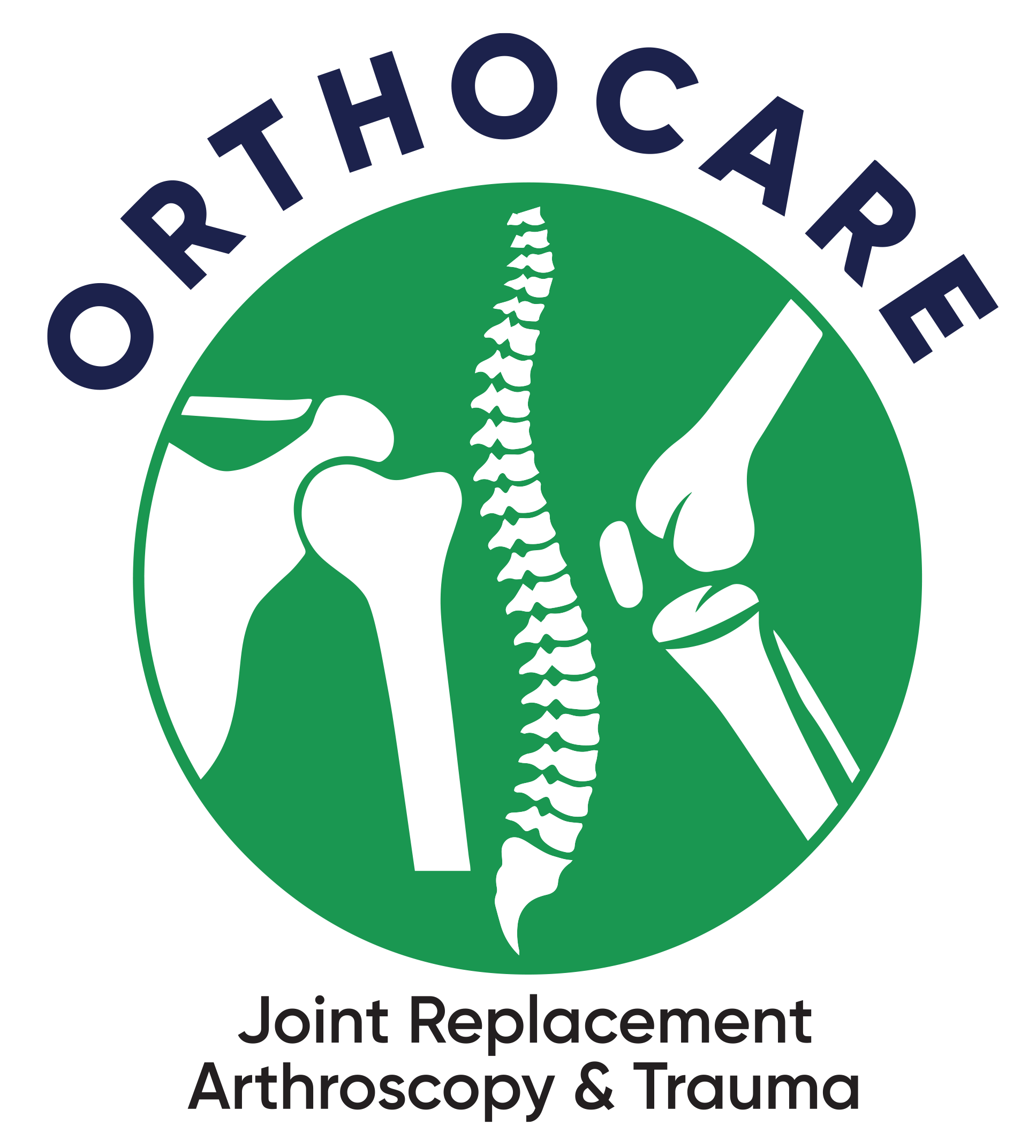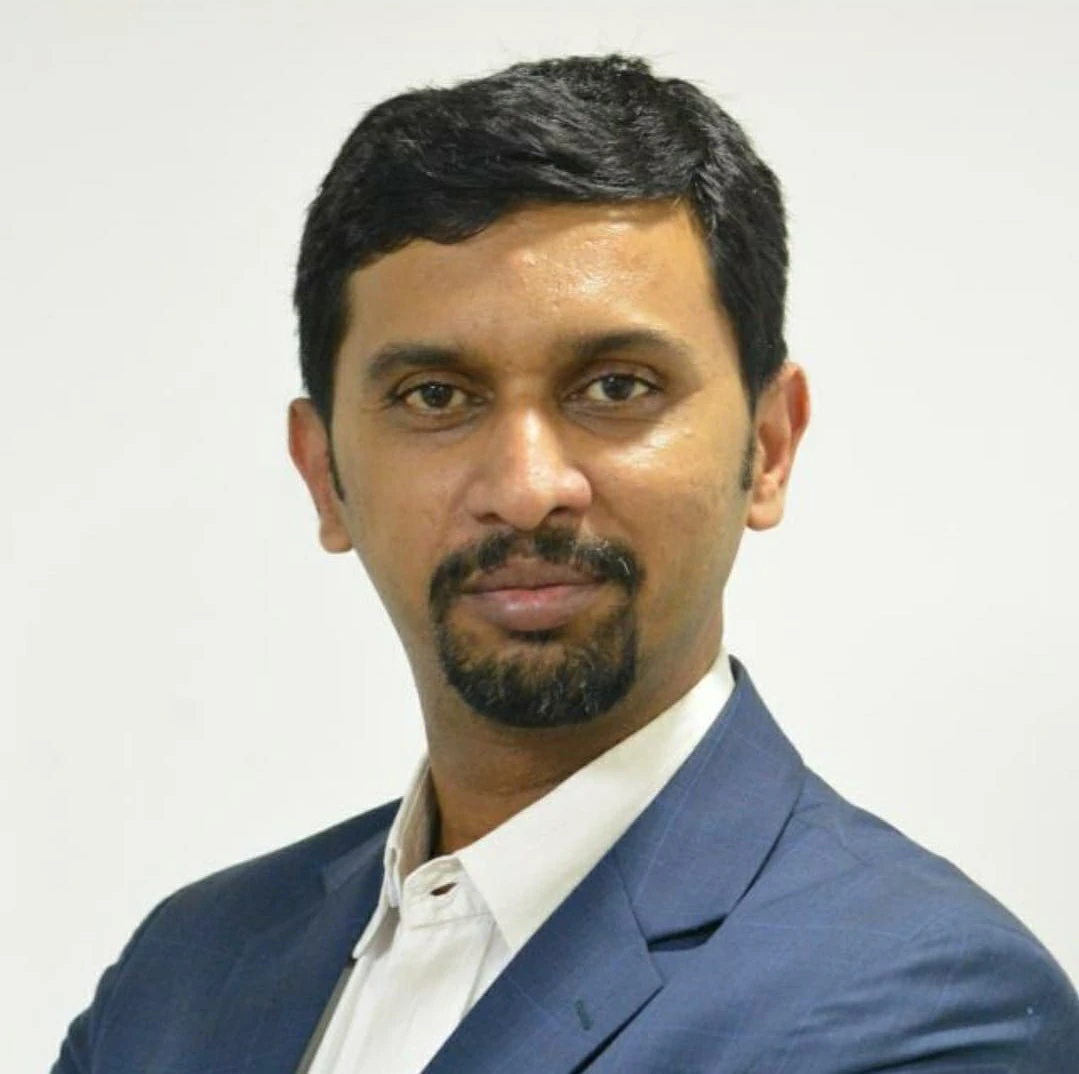Introduction
Rotator cuff surgery is a crucial step in the treatment journey for individuals suffering from rotator cuff injuries. Following surgery, the focus shifts to rehabilitation and regaining shoulder strength to restore function and mobility.
Dr. Chethan Nagaraj is a leading expert in rotator cuff surgery in Bangalore, performing Arthroscopic repairs routinely and offering specialized care to patients seeking optimal recovery.
Understanding Rotator Cuff Surgery
Rotator cuff muscles are a group of muscles and tendons that surround the shoulder joint, keeping the head of the upper arm bone firmly within the shallow socket of the shoulder.
Rotator cuff injuries often result from overuse, trauma, or degeneration of the shoulder tendons. When conservative treatments fail to provide relief, rotator cuff surgery becomes necessary.
Repair is also often required for two tendon tears and massive tears.
Dr. Chethan Nagaraj specializes in various techniques, including arthroscopic repair and open repair, tailored to each patient’s unique needs and condition and financial contraints.
The healing process involves different phases with expected timelines. Scar tissue management and preventing stiffness are crucial during this period.
Dr. Nagaraj will monitor your progress and advise on exercises to optimize healing.
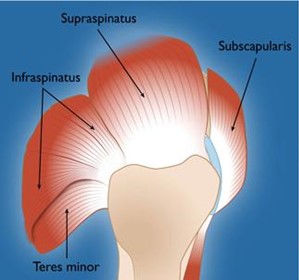
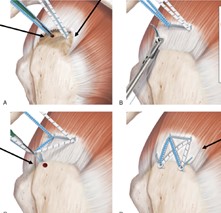
Recovery Process After Rotator Cuff Surgery
- Immediate Post-operative Care: Patients receive comprehensive post-operative care, including pain management and immobilization techniques such as sling usage, ice packs and guarded mobilization. Dr. Chethan Nagaraj closely monitors patients for any signs of complications, ensuring a smooth recovery process.
- Early Rehabilitation Phase: During the initial weeks following surgery, patients focus on gentle passive range of motion exercises and supervised physical therapy to prevent stiffness and promote healing, at the same time exercising for other muscles around the shoulder.

3.Intermediate Rehabilitation Phase: As the healing progresses, patients advance to active range of motion exercises and begin strengthening exercises under the guidance of a physical therapist.
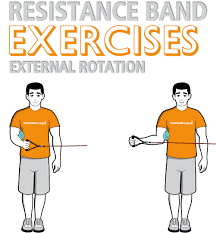
4.Advanced Rehabilitation Phase: In the later stages of recovery, patients transition to more functional and sports-specific activities, gradually increasing the intensity of exercises to rebuild shoulder strength and stability.
Tips for Regaining Shoulder Strength
- Proper nutrition and hydration play a crucial role in supporting the body’s healing process.
- Adequate rest and quality sleep are essential for optimal recovery and tissue repair.
- Patients should avoid activities that may strain the shoulder during the early stages of recovery to prevent setbacks.
- Gradual return to daily activities and sports should be coordinated with Dr. Chethan Nagaraj and his physiotherapy team to ensure a safe and successful recovery.
- Consistent adherence to prescribed rehabilitation exercises and attendance at physical therapy sessions is key to achieving optimal outcomes.
Additional Tips for Optimal Recovery:
Pain Management: Dr. Chethan Nagaraj will recommend medications, ice therapy, or alternative options to manage pain. Communicate any pain changes promptly.
Nutrition and Hydration: Eat a balanced diet rich in protein and stay hydrated to support healing.
Returning to Activities: Gradually introduce daily activities and hobbies as cleared by Dr. Nagaraj. Listen to your body and avoid pain triggers.

Essential Exercises for Rotator Cuff Recovery:
Here are some examples, remember to consult Dr. Nagaraj for a personalized plan:
- Pendulum swings: Gently swing your arm in small circles while standing.
- Isometric exercises: Contract muscles without movement, like pushing against a wall with your hand.
- Gentle stretches: Hold stretches for 20-30 seconds to improve flexibility.
- Strengthening exercises: Use light weights or resistance bands to build muscle strength.
Home Exercise Tips:
- Maintain proper form: Avoid pain and ensure you’re performing exercises correctly.
- Consistency is key: Regular practice is crucial for optimal results.
- Utilize proper equipment: Use resistance bands, towels, or weights effectively.
Rotator Cuff Surgery in Bangalore
In Bangalore, patients have access to advanced rotator cuff surgery procedures under the expert care of Dr. Chethan Nagaraj.
Dr. Nagaraj specialization in rotator cuff surgery and commitment to patient-centered care have resulted in numerous successful outcomes and satisfied patients.
Those considering rotator cuff surgery can schedule consultations and appointments with Dr. Nagaraj to discuss their treatment options and receive personalized care.
Conclusion:
Recovering from rotator cuff surgery requires patience, dedication, and expert guidance.
By understanding the importance of post-operative rehabilitation and following Dr. Chethan Nagaraj recommendations, patients can regain shoulder strength and function, returning to their daily activities and hobbies with confidence.
With Dr. Chethan Nagaraj expertise in rotator cuff surgery in Bangalore, patients can trust in receiving comprehensive care and support throughout their recovery journey.
Frequently Asked Questions (FAQs):
Q: When can I start physical therapy?
A: Dr. Chethan Nagaraj will determine the ideal start date based on your individual healing progress. Generally at 4 to 6 weeks.
Q: How long will it take to regain full strength?
A: Recovery time varies, but most patients see significant improvement within 3-6 months.
Q: What limitations should I expect after surgery?
A: Dr. Chethan Nagaraj will discuss any limitations specific to your case during your consultations. A well repaired rotator cuff and healed rotator cuff should not have any limitations after surgery.
